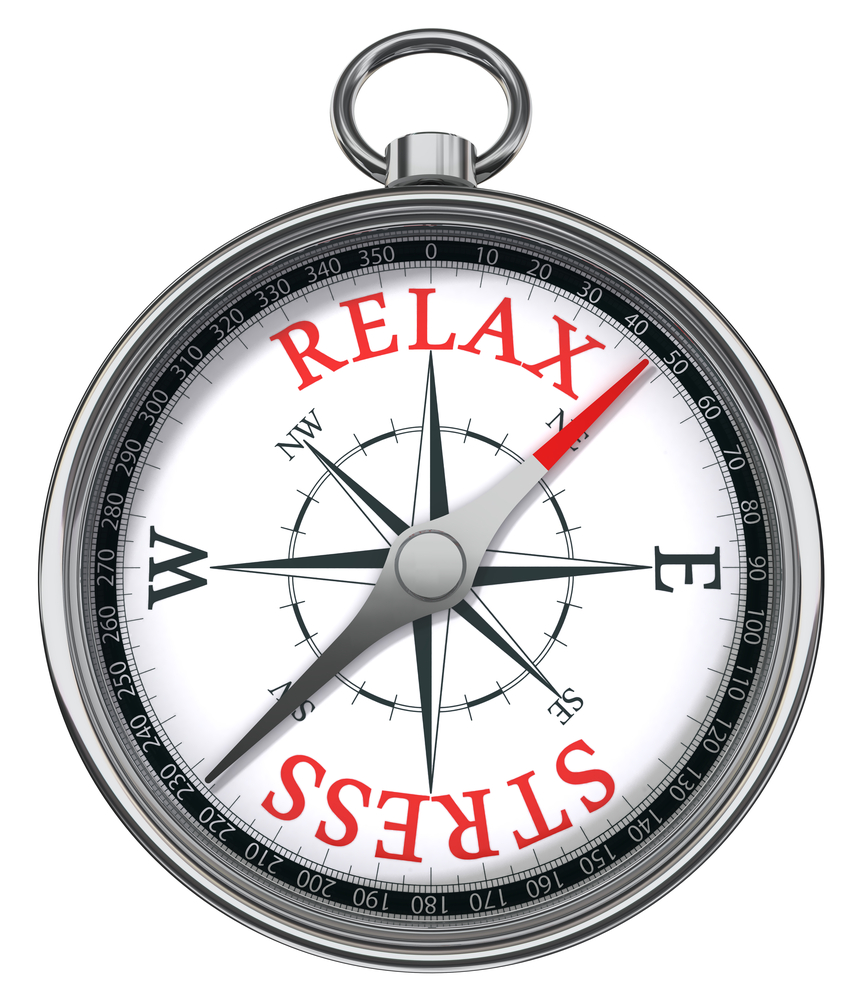
Navigating Midlife Stress: Health Impacts and Coping Strategies for Men
In the hustle and bustle of modern life, stress has become an unwelcome companion for many of us. For men over 40, the effects of stress can be particularly profound, impacting not just our mental well-being but our physical health as well. Today, we’ll delve into the effects of stress on health and provide practical, stress-reducing recommendations to help you navigate this challenging aspect of life.
Stress is a natural response to threats or demands, triggering a cascade of hormones like adrenaline and cortisol that prepare our bodies for action. However, when stress becomes chronic, it can wreak havoc on our health.
The Impact of Stress on Health
- Cardiovascular Health: Chronic stress can lead to high blood pressure and heart disease. The constant release of stress hormones causes your heart to work harder, which over time, can damage your blood vessels and heart.
- Immune System: Stress can weaken your immune system, making you more susceptible to infections and diseases. It can also slow down recovery and healing processes.
- Mental Health: Stress significantly contributes to mental health issues such as depression, anxiety, and cognitive problems. It can lead to feelings of overwhelm, irritability, and difficulty concentrating.
- Weight and Metabolism: Stress can affect your metabolism and lead to weight gain. Stress-induced hormonal changes can increase cravings for unhealthy foods and disrupt sleep, both of which can contribute to weight gain.
- Digestive System: Stress can exacerbate digestive problems like gastritis, ulcers, irritable bowel syndrome (IBS), and gastroesophageal reflux disease (GERD).
Stress-Reducing Recommendations
Now that we understand the potential harm stress can cause, let’s explore some effective strategies to manage it.
- Regular Exercise: Physical activity is a potent stress reliever. It boosts your mood by triggering the release of endorphins, the body’s natural feel-good hormones. Aim for at least 30 minutes of moderate exercise most days of the week.
- Healthy Eating: A balanced diet can help your body better cope with stress. Include plenty of fruits, vegetables, lean proteins, and whole grains in your diet. Limit your intake of caffeine and alcohol, which can exacerbate stress and anxiety.
- Adequate Sleep: Lack of sleep can increase stress levels and impact your overall health. Aim for 7-9 hours of quality sleep per night. Establish a regular sleep schedule and create a relaxing bedtime routine to improve your sleep quality.
- Mindfulness and Relaxation Techniques: Practices like meditation, deep breathing, yoga, and tai chi can help reduce stress. They promote relaxation and improve mental clarity, helping you cope with stress more effectively.
- Social Connections: Maintaining strong relationships and social connections can help buffer against stress. Spend time with loved ones, engage in social activities, or consider joining a support group.
- Professional Help: If stress becomes overwhelming, don’t hesitate to seek professional help. Therapists and counselors can provide valuable tools and strategies to manage stress effectively.
While stress is an inevitable part of life, it doesn’t have to control your health. By understanding the effects of stress and implementing these stress-reducing strategies, you can take charge of your well-being and lead a healthier, more balanced life.
It’s never too late to make positive changes. Start small and gradually incorporate these practices into your daily routine. Your body and mind will thank you.
Remember, this blog post is for informational purposes only and does not replace professional medical advice. Always consult with a healthcare provider for any health concerns.
Take care, even down there.
Share this Post